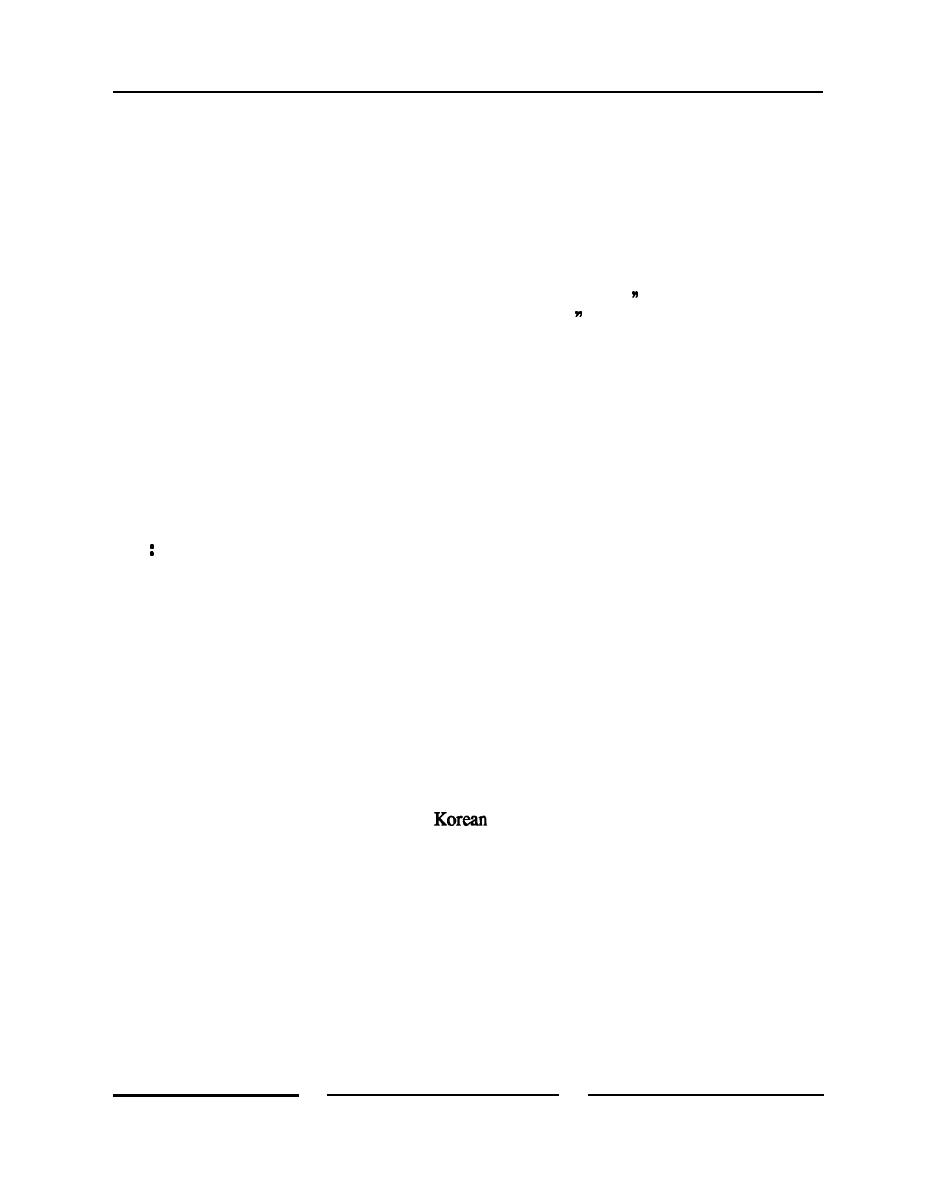
Engineer Memoirs
I might add that now, in hindsight, I feel even more strongly about Acheson's
statement On one occasion a high-ranking Soviet negotiator told me in Geneva in
the late '70s that it is hard for the Soviets to understand Americans. He said that
the Soviets were surprised when Acheson, in 1950, announced that Korea was
outside the area of U.S. strategic interest. This caused the Soviets, he said, to
"unleash" North Korea and authorize them to invade South Korea. "At that," he
said, "the U.S. went back on its word and mobilized not only its own forces but
called on the United Nations to come to the aid of Seoul. He said: "We can't
trust the United States to keep its word. The U.S., he added, is very volatile; it
changes its mind."
"You'd better believe it," I said, not wanting to disabuse the Soviets of our
volatility. I told him that Americans are slow to anger, but once aroused are quick
to react when our national interest is threatened.
Q ..
Up until the time the North Koreans attacked south of the 38th Parallel, what were
your main functions as a planner in MacArthur's staff?
A
I worked on plans for the Japanese Self Defense Force and on contingency plans
in the event the North Koreans attacked South Korea. I remember sending a
memorandum to my boss early in June 1950 telling him that from reading
intelligence reports and reporting cables I believed we should be more alert to a
possible attack in Korea. My boss, Colonel Armstrong, sent my memo to the chief
of staff, General Almond. He, in turn, sent it to the G-2. General Willoughby,
the G-2, took a dim view of anybody in G-3 interfering in his business. He said
the North Koreans would not attack. Moreover, he said G-3 should in the future
send memos on intelligence matters to him and he would decide whether or not to
send them to the chief of staff. Fortunately, General Almond did not listen to
Willoughby. He sent my memo to General MacArthur.
Q ..
What were you doing when the
conflict broke out in June of 1950?
A ..
By coincidence, one might say poetic justice, I was the G-3 duty officer the Sundav
that the North Koreans attacked. When the news came in, I went to see the G-2
duty officer and we called the chief of staff. He told us to meet him in General
MacArthur's apartment.
General MacArthur said, "Rowny, are you going to say `I told you so?"' I didn't
say anything, but must have looked like the cat that swallowed the canary. I recall
that General MacArthur was quite calm and appeared unperturbed. He directed
General Almond to call the military staff back to work immediately. General
--
--
26



 Previous Page
Previous Page
